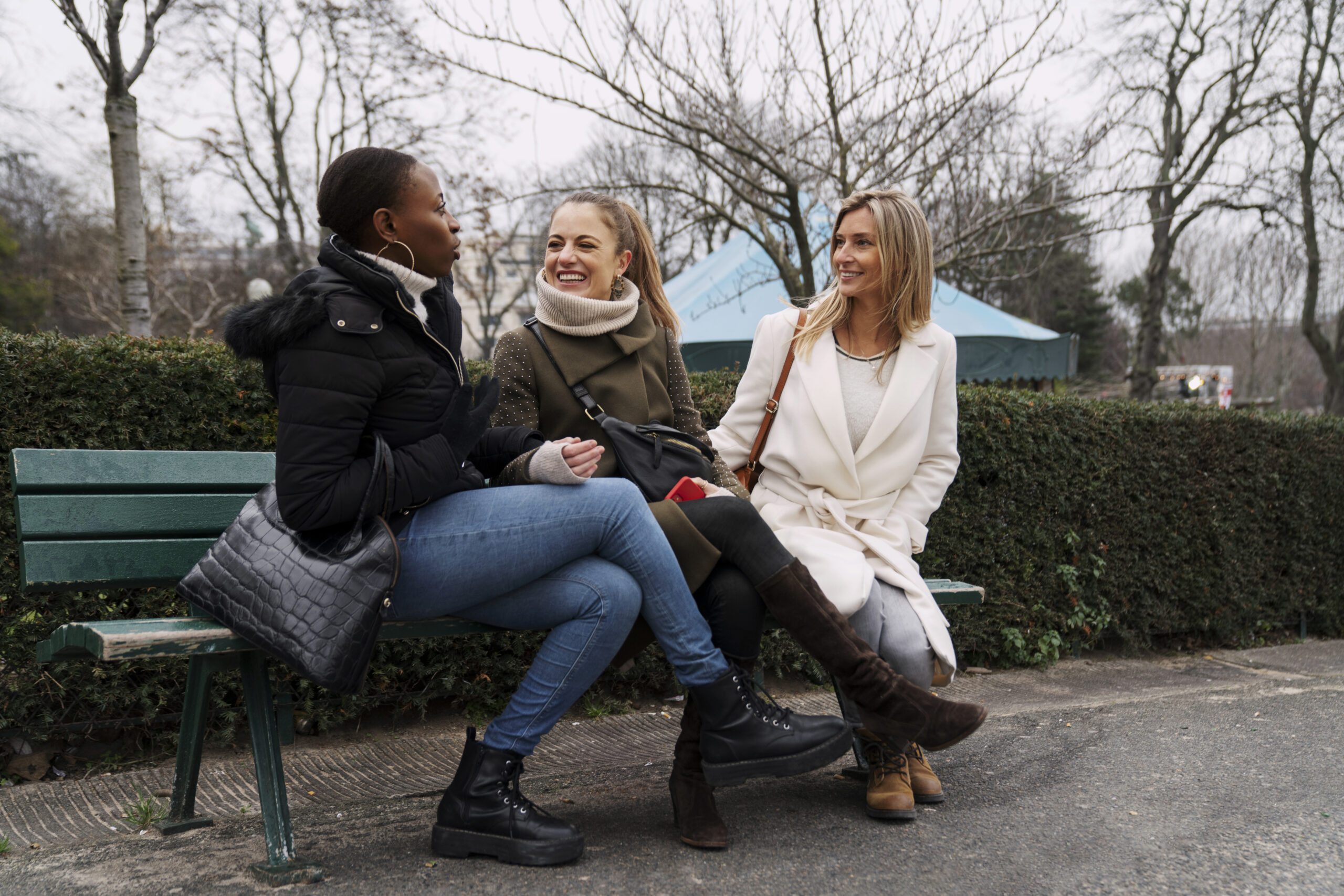The Friendship Bench—originally launched in Zimbabwe in 2006 by psychiatrist Professor Dixon Chibanda—is a simple but powerful model. It involves wooden benches placed in community areas where trained lay counsellors, affectionately called “grandmothers” and “grandfathers,” offer a listening ear and compassionate support.
A Global Mental Health Success Story
What began as a grassroots initiative in Harare has now expanded to cities across the world, including New York, Washington, Jordan, and Qatar. With support from the World Health Organization, more than 500,000 people have benefited from the programme in the past three years alone.
Peer-reviewed research, published in the Journal of the American Medical Association, found that the model led to:
- 80% reduction in depression and suicidal thoughts
- 60% increase in participants’ quality of life
- 80% of participants remained symptom-free six months after their sessions
Bringing the Friendship Bench to Sussex
Now, Dr Nina Lockwood, a research fellow at Brighton and Sussex Medical School and the National Institute for Health and Care Research, is spearheading the initiative’s rollout in Sussex.
“In the UK, traditional mental health services are under immense strain,” Lockwood said. “We urgently need to adopt agile, community-based alternatives. The Friendship Bench does just that.”
Unlike its outdoor counterparts in Zimbabwe, Sussex benches will be placed indoors—in libraries, church halls, and community spaces—to accommodate the British weather.
How It Works
People in Sussex can book appointments to talk with trained lay mental-health workers over a series of six to eight weekly sessions. These volunteers receive two weeks of training and offer informal, practical advice based on empathy, listening, and problem-solving.
Rather than diagnosing or prescribing, lay counsellors explore the root causes of a person’s emotional distress. Issues like housing insecurity, unemployment, or social isolation are often at the core of mental health struggles.
Mebrak Ghebreweldi, co-founder of Diversity Resource International, is one of the first Sussex “grandmothers.” She explains:
“GPs don’t have time for long conversations. They may prescribe for depression without getting to the real cause—like housing, joblessness, or loneliness. We take the time to go deeper and help find real solutions.”
Why the Friendship Bench Matters
Professor Chibanda emphasized that the Friendship Bench is about unlocking the power of community care:
“While not everyone can see a psychiatrist, most people have access to compassion, empathy, and the wisdom of grandmothers—the unsung heroines of the world.”
Mental Health in the UK: The Bigger Picture
- 1 in 6 adults in the UK experienced moderate to severe depression in 2022
- Depression increases the risk of chronic conditions such as heart disease, diabetes, and Alzheimer’s
- Mental ill health cost England £300bn in 2022
- NHS mental health wait times can stretch beyond 18 weeks
The Friendship Bench offers an innovative, scalable solution at a time when traditional services are stretched to breaking point.
Frequently Asked Questions (FAQs)
What is the Friendship Bench?
The Friendship Bench is a community-based mental health initiative where trained lay counsellors offer informal talk therapy and support to people experiencing depression, anxiety, loneliness, or social stress.
Where will the benches be located in Sussex?
The benches will be placed indoors in accessible spaces like libraries, church halls, and community centres.
Can I just turn up and talk to someone?
No. In Sussex, the programme operates by appointment only. This helps manage demand and ensures each person gets dedicated time with a counsellor.
Who are the lay counsellors?
They are community volunteers, often older adults, known as “grandmothers” or “grandfathers,” trained over two weeks in empathetic listening and solution-focused support.
How can I make an appointment in Sussex?
Appointment booking details will be available through local councils, GP surgeries, and partner organisations like Diversity Resource International. Keep an eye on local bulletins and community boards for more info.
Is the service free?
Yes, the Friendship Bench service is completely free.











Leave a Reply